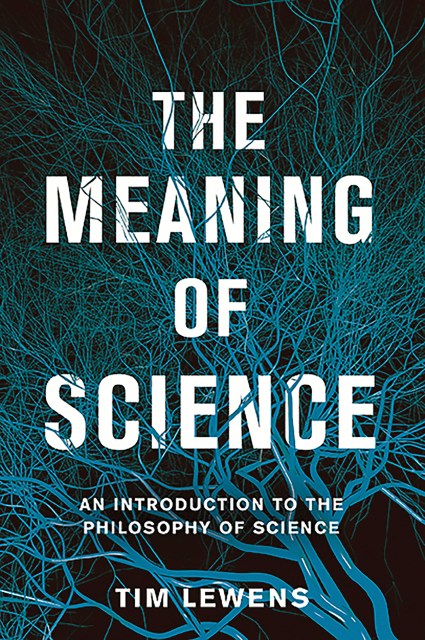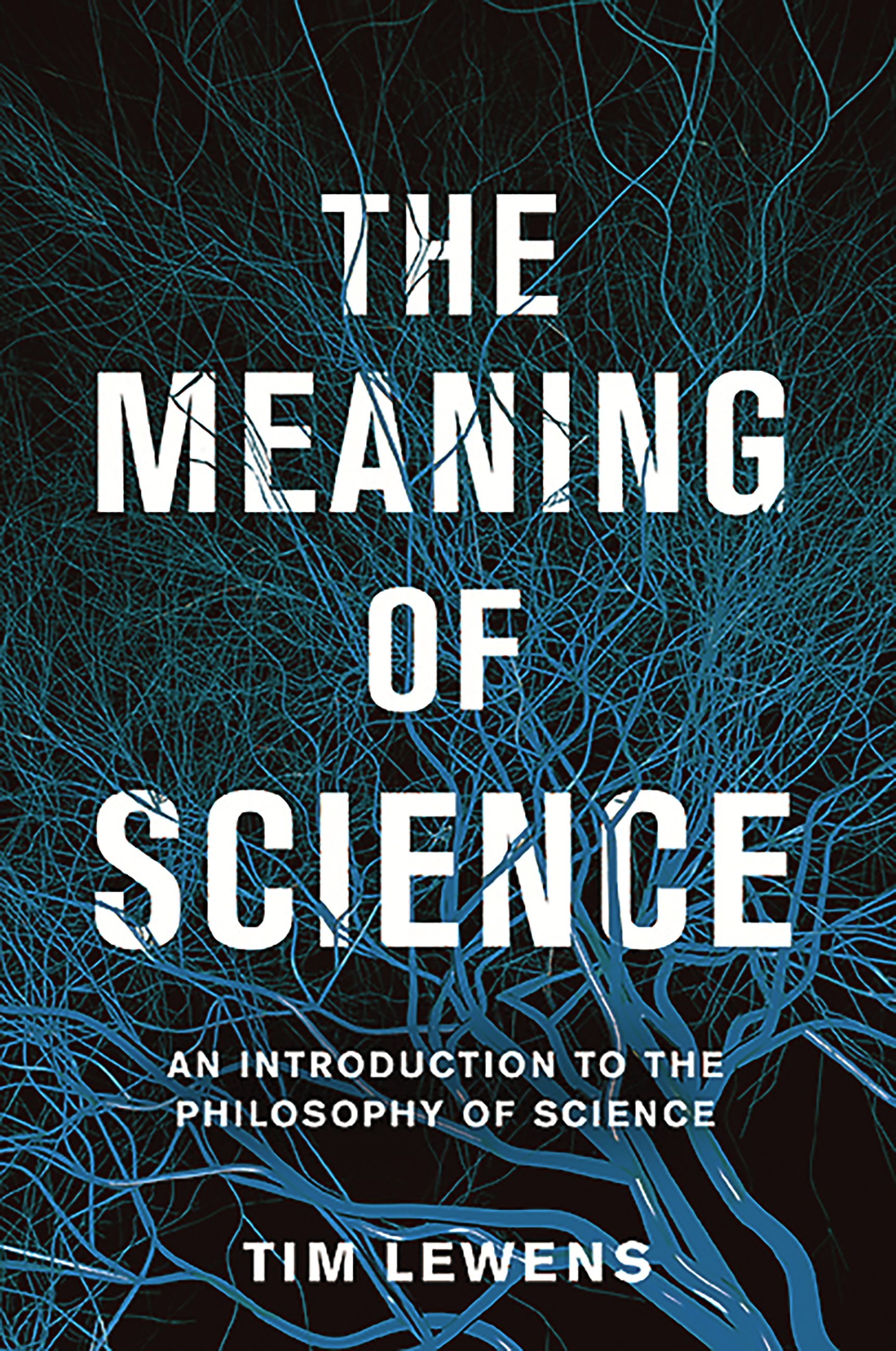By clicking “Accept,” you agree to the use of cookies and similar technologies on your device as set forth in our Cookie Policy and our Privacy Policy. Please note that certain cookies are essential for this website to function properly and do not require user consent to be deployed.
The Meaning of Science
An Introduction to the Philosophy of Science
Contributors
By Tim Lewens
Formats and Prices
Price
$26.99Format
Format:
- Hardcover $26.99
- ebook $15.99
Also available from:
Science has produced explanations for everything from the mechanisms of insect navigation to the formation of black holes and the workings of black markets. But how much can we trust science, and can we actually know the world through it? How does science work and how does it fail? And how can the work of scientists help — or hurt — everyday people? These are not questions that science can answer on its own. This is where philosophy of science comes in. Studying science without philosophy is, to quote Einstein, to be “like somebody who has seen thousands of trees but has never seen a forest.” Cambridge philosopher Tim Lewens shows us the forest. He walks us through the theories of seminal philosophers of science Karl Popper and Thomas Kuhn and considers what science is, how far it can and should reach, and how we can determine the nature of its truths and myths.
These philosophical issues have consequences that stretch far beyond the laboratory. For instance: What role should scientists have in policy discussions on environmental issues such as fracking? What are the biases at play in the search for a biological function of the female orgasm? If brain scans can be used to demonstrate that a decision was made several seconds before a person actually makes a conscious choice, what does that tell us about the possibility of free will?
By examining science through this philosophical lens, Lewens reveals what physics can teach us about reality, what biology teaches us about human nature, and what cognitive science teaches us about human freedom. A masterful analysis of the biggest scientific and ethical issues of our age, The Meaning of Science forces us to confront the practical, personal, and political purposes of science — and why it matters to all of us.
-
"[An] accessible and engaging introductory volume."Publishers Weekly
-
"The Meaning of Science is a wonderful example of how a so-called introduction can in fact be a brilliant summation of all that matters."Guardian, Best Books of 2015
-
"[An] excellent introduction to the philosophy of science.... The Meaning of Science provides not only a compact and accessible survey of the philosophy of science as it used to be, but a glimpse of what it may become."Literary Review
-
"[The Meaning of Science] raises provocative questions."Kirkus Reviews
-
"This is a book that you can come back to time and time again as you discover how much remains unanswered in our age of advanced scientific knowledge.... [A] fascinating and thought-provoking book."Lincolnshire Echo
-
"The Meaning of Science is a comprehensive, accessible introduction to contemporary philosophy of science. Engaging, lively, and insightful, Tim Lewens's book is a gem. Highly recommended."Martin Curd, co-editor of Philosophy of Science: The Central Issues and of The Routledge Companion to Philosophy of Science
- On Sale
- Jan 26, 2016
- Page Count
- 272 pages
- Publisher
- Basic Books
- ISBN-13
- 9780465097487
Newsletter Signup
By clicking ‘Sign Up,’ I acknowledge that I have read and agree to Hachette Book Group’s Privacy Policy and Terms of Use







